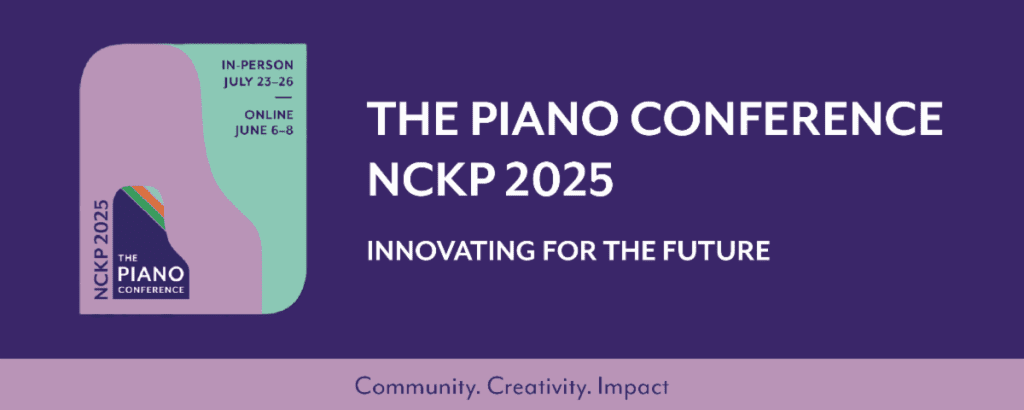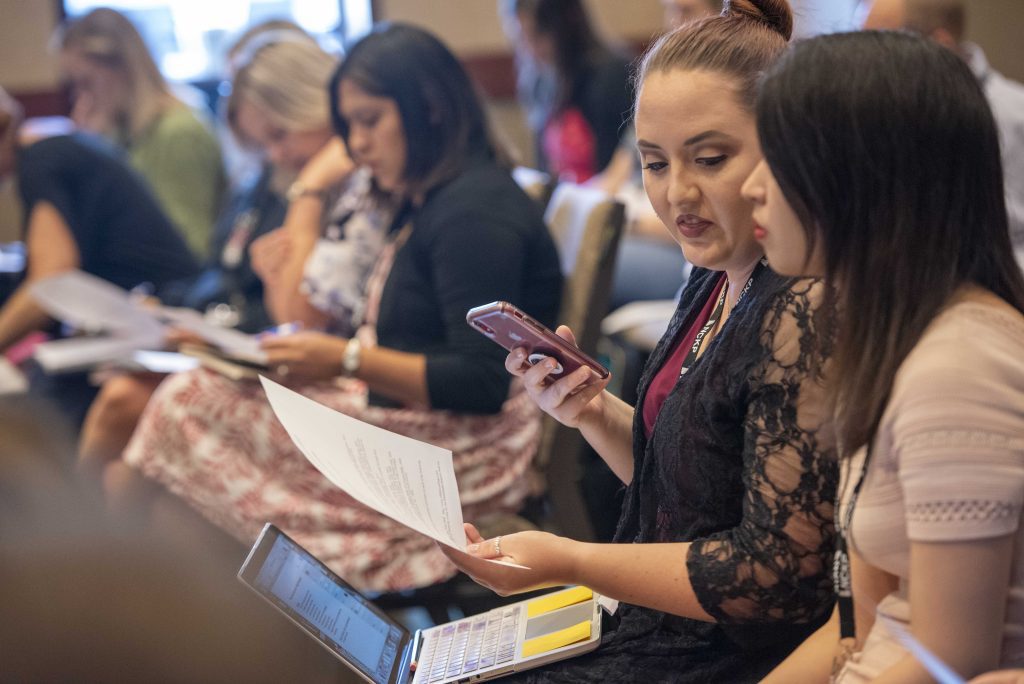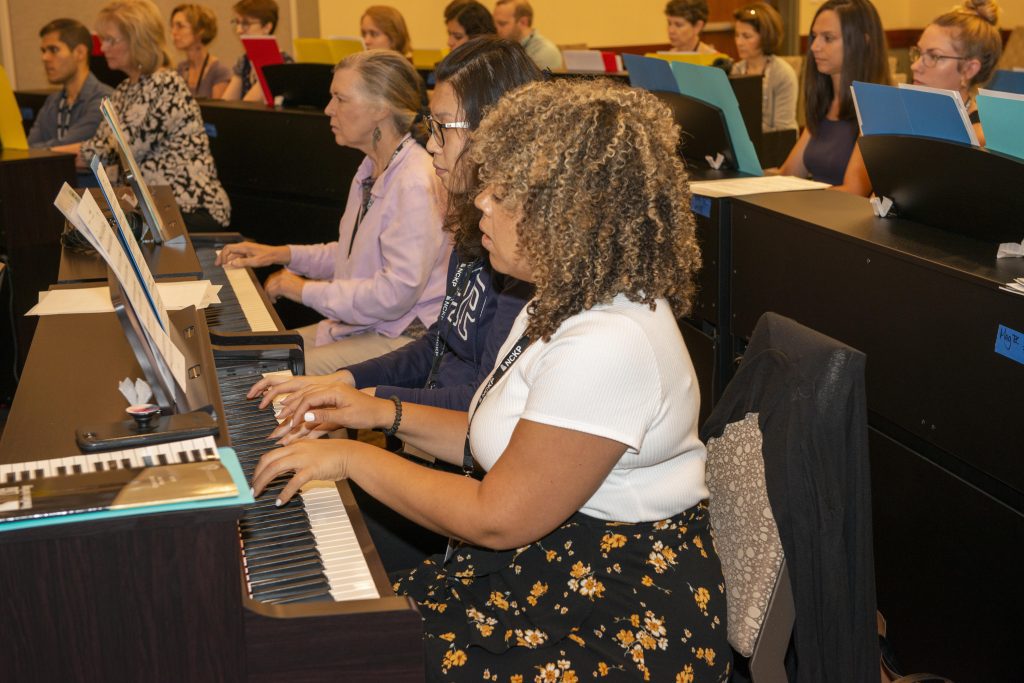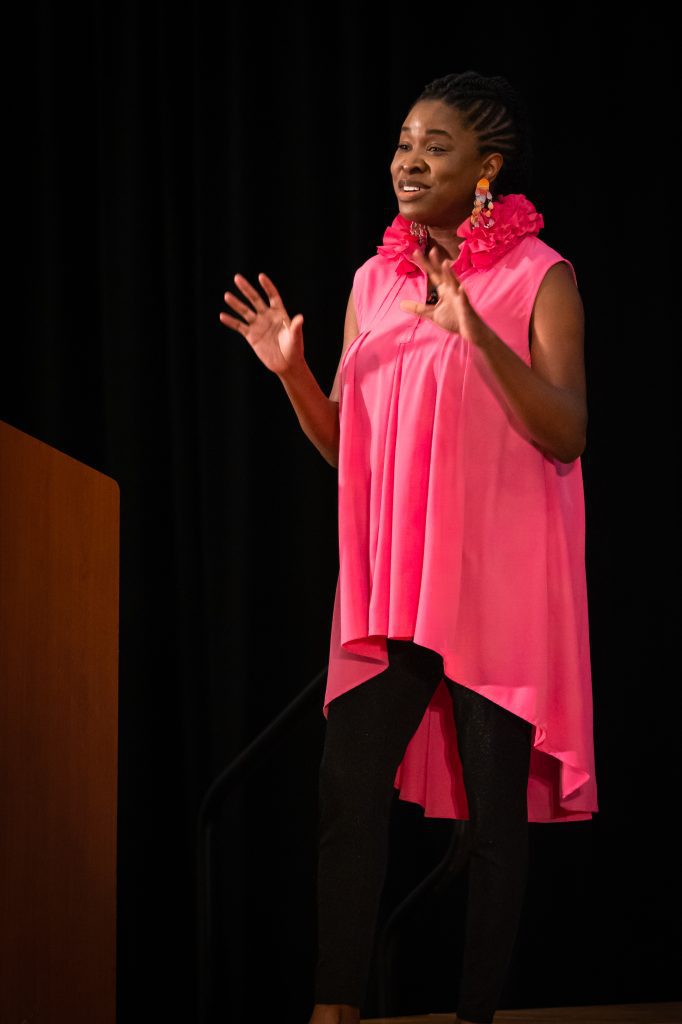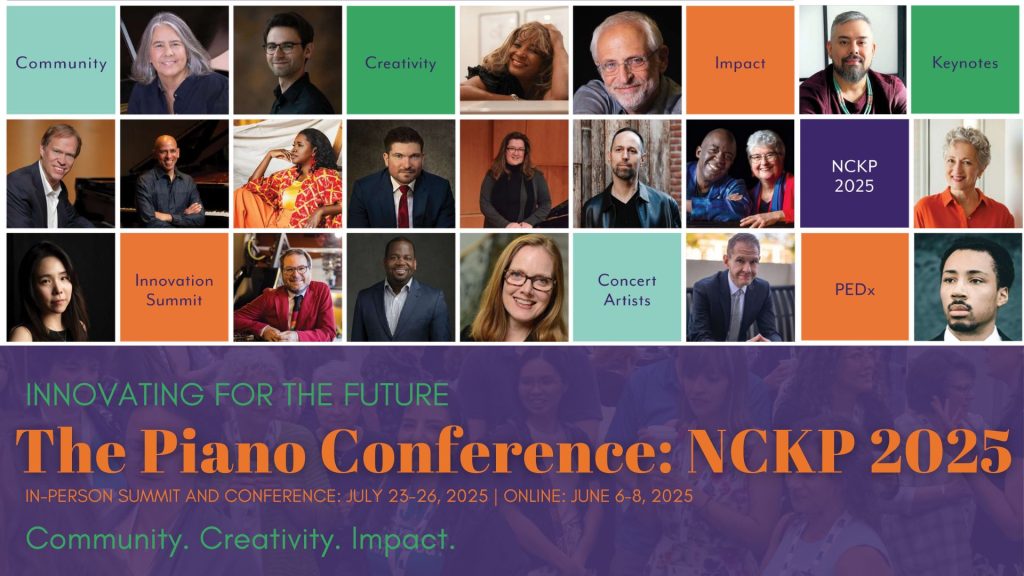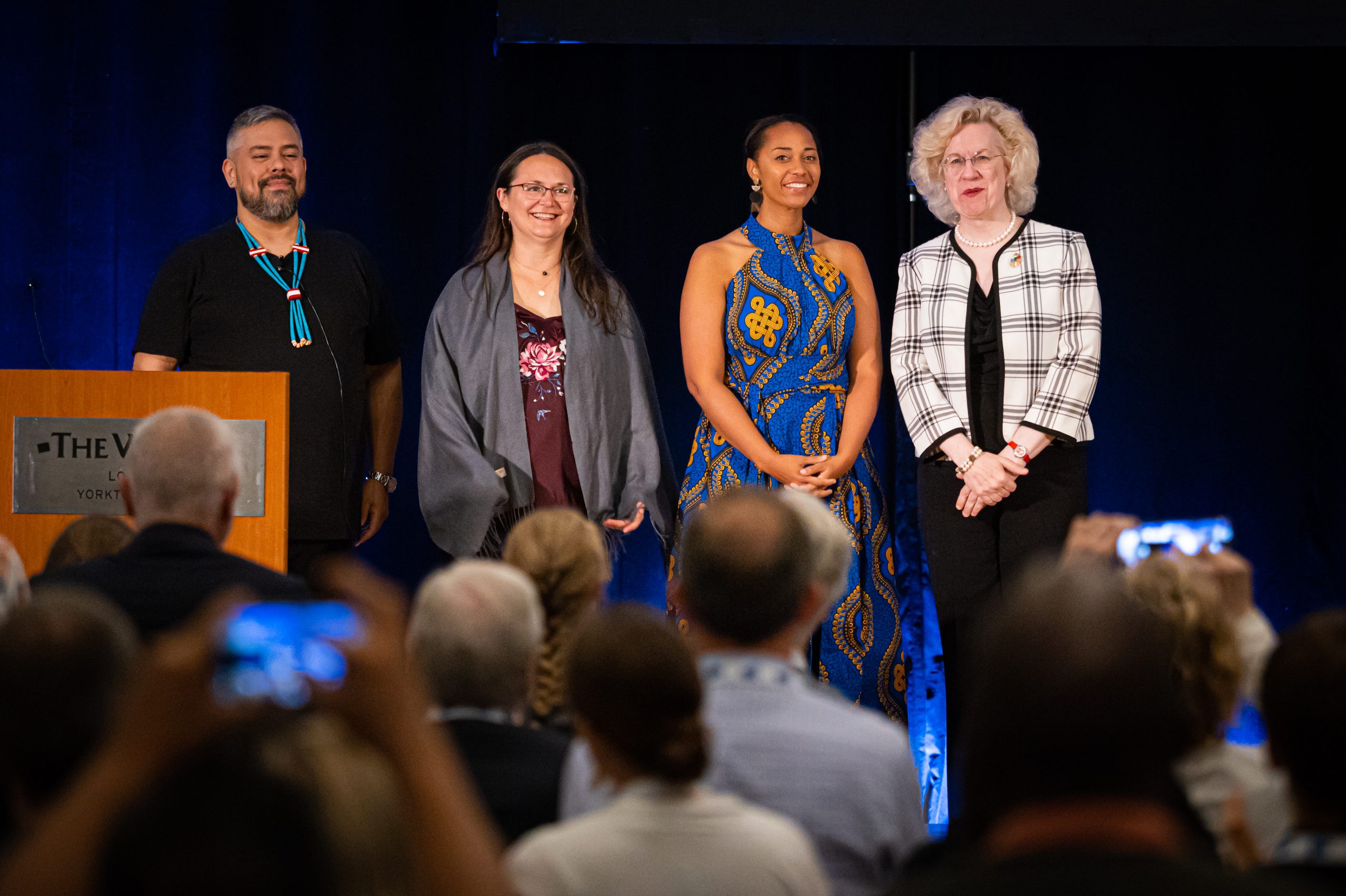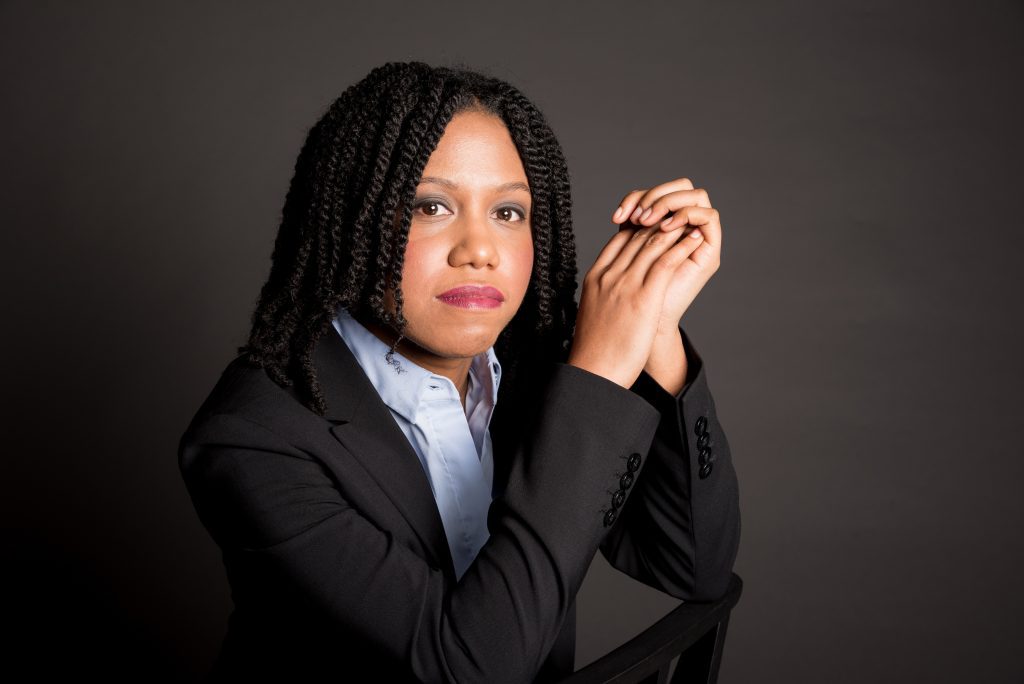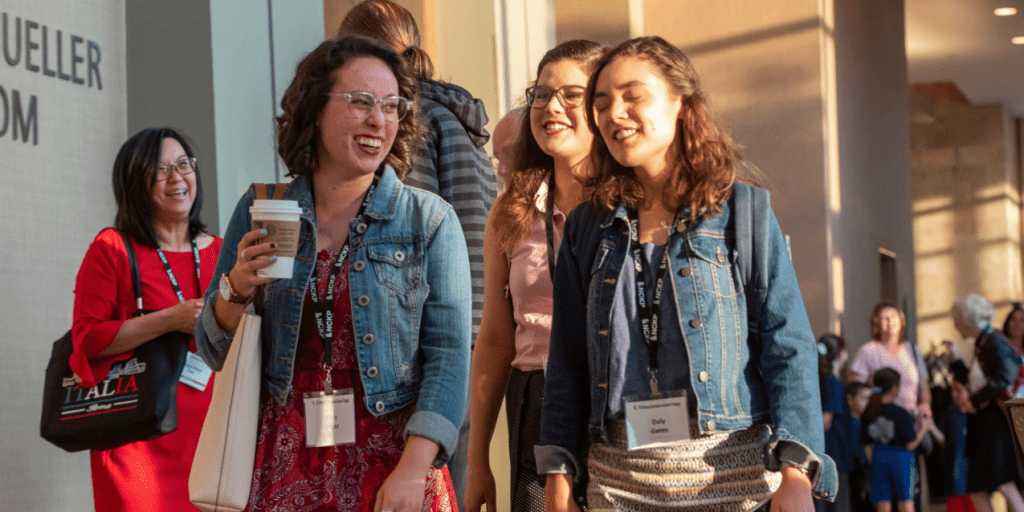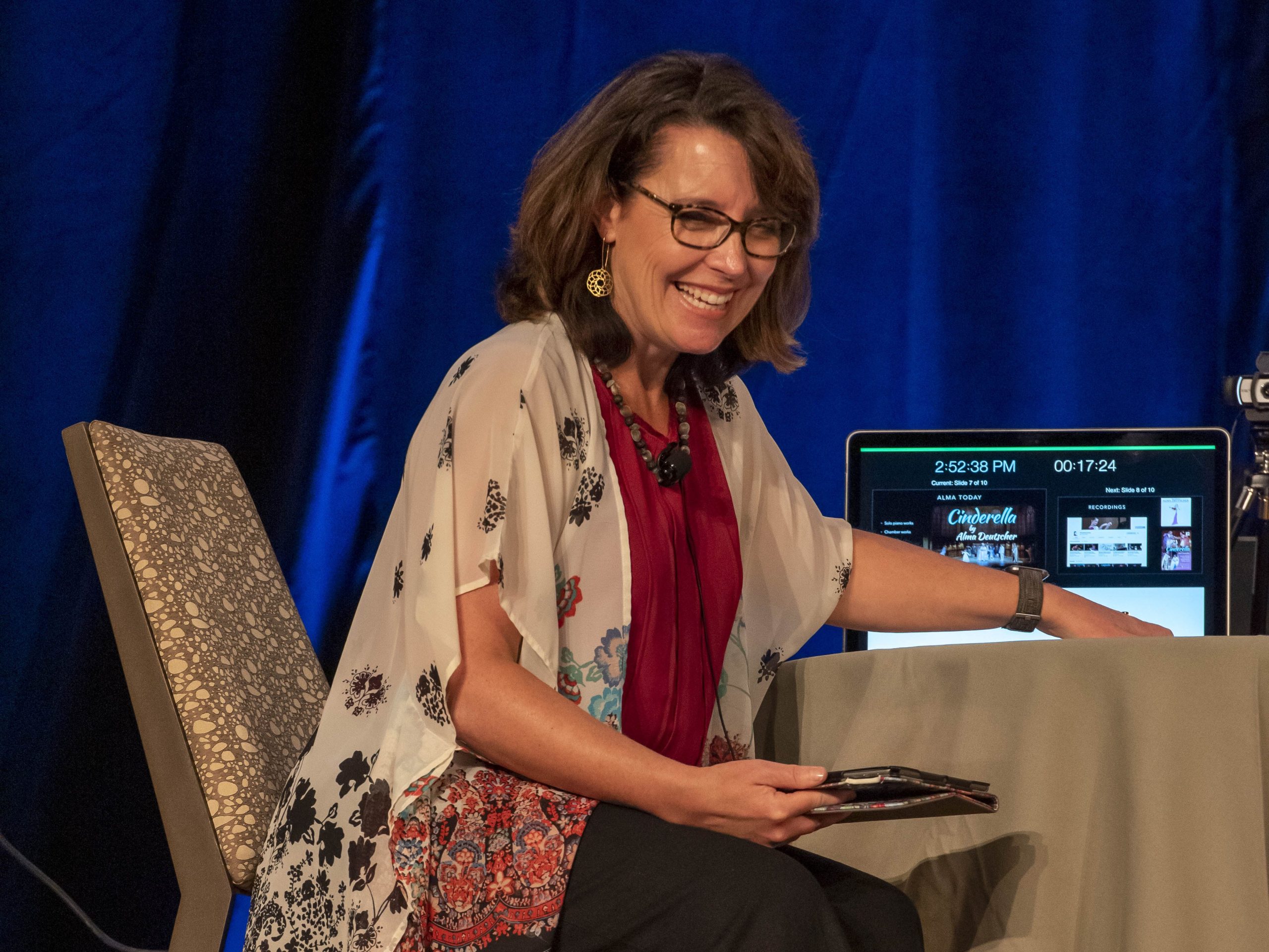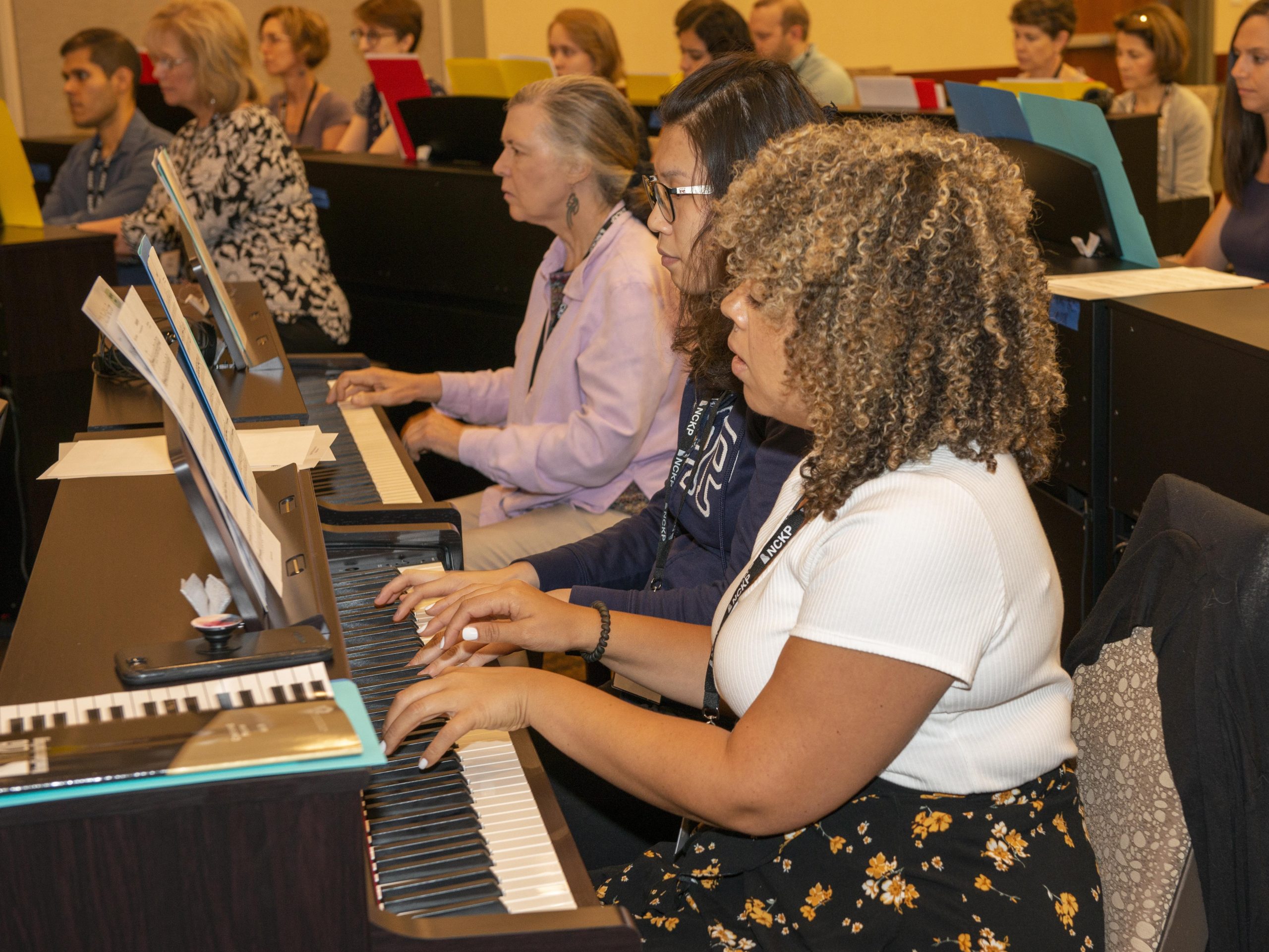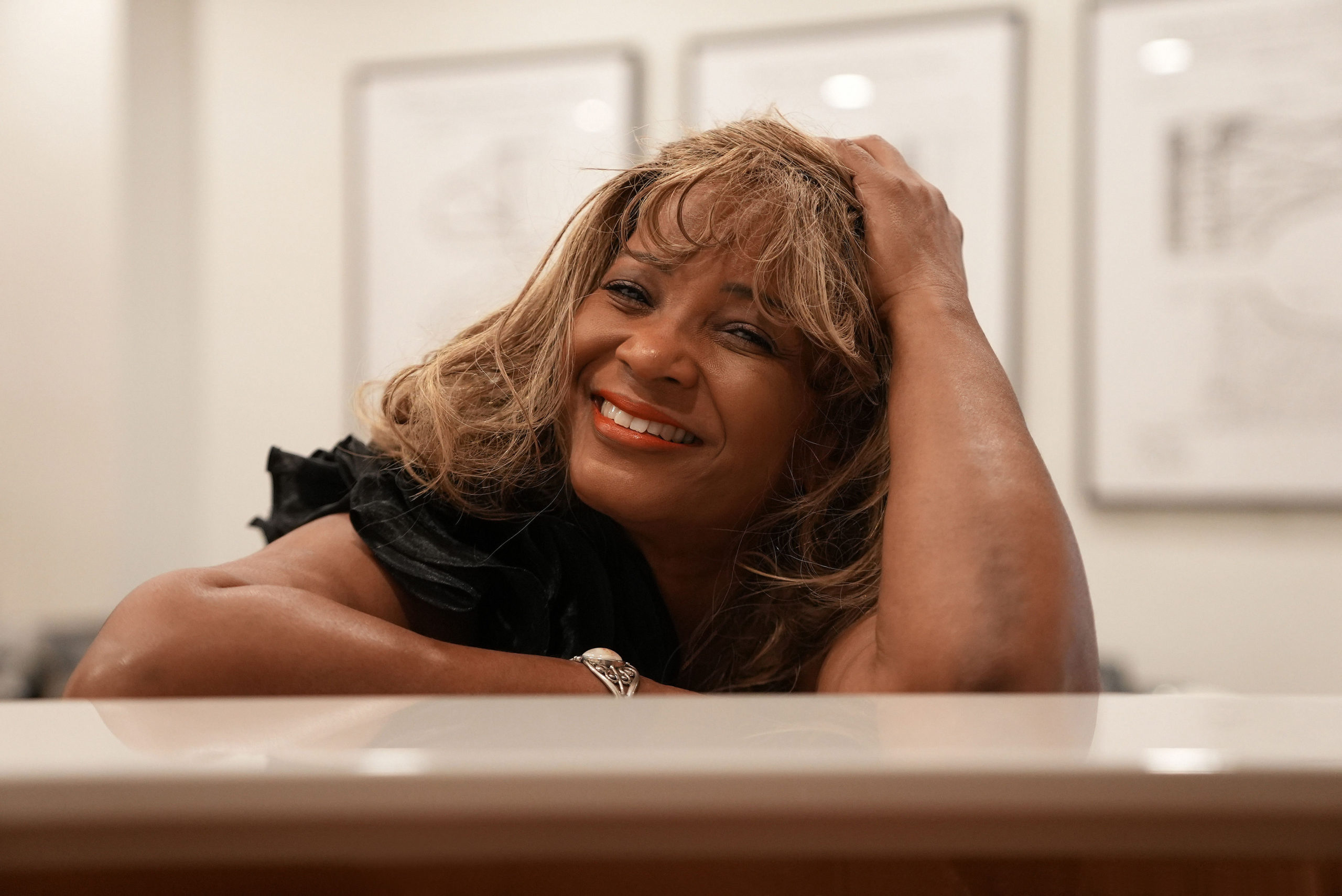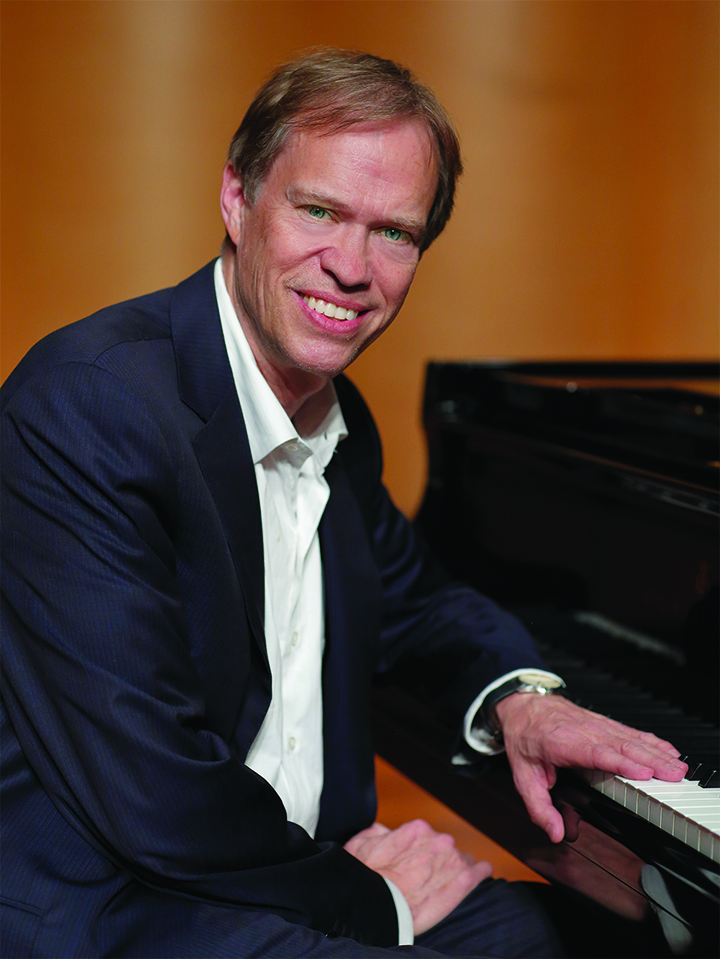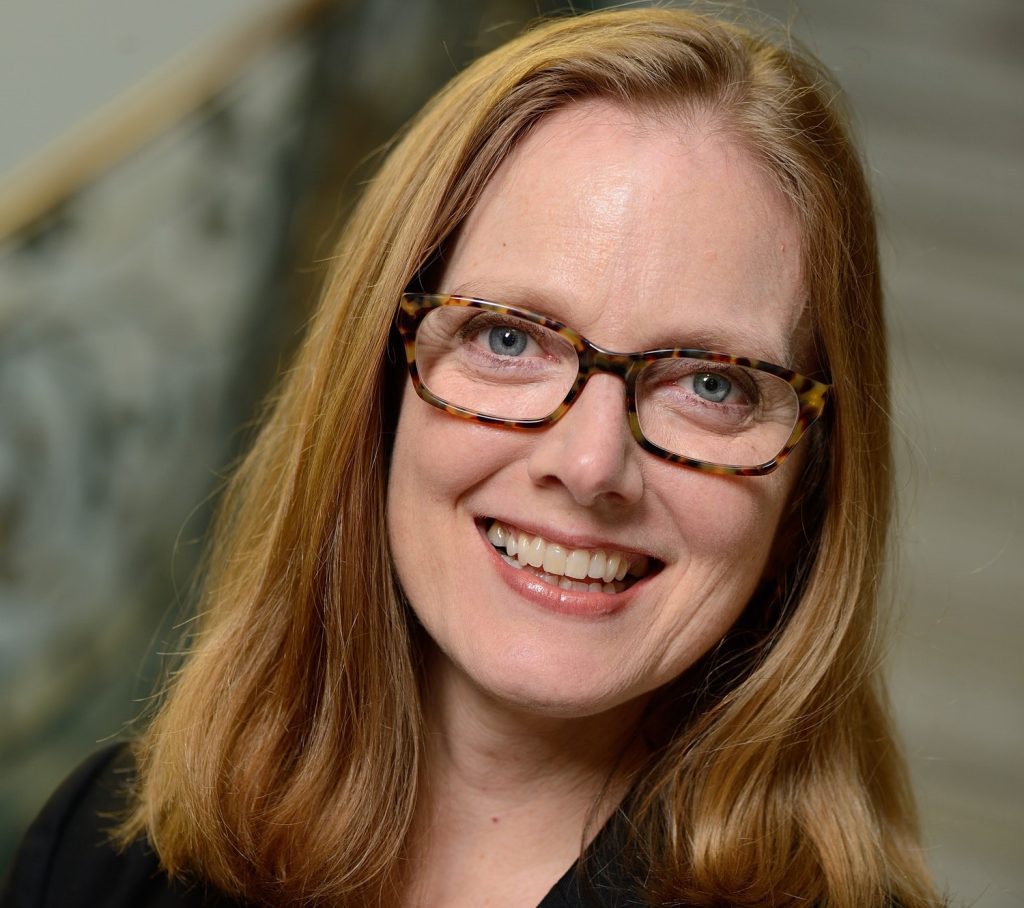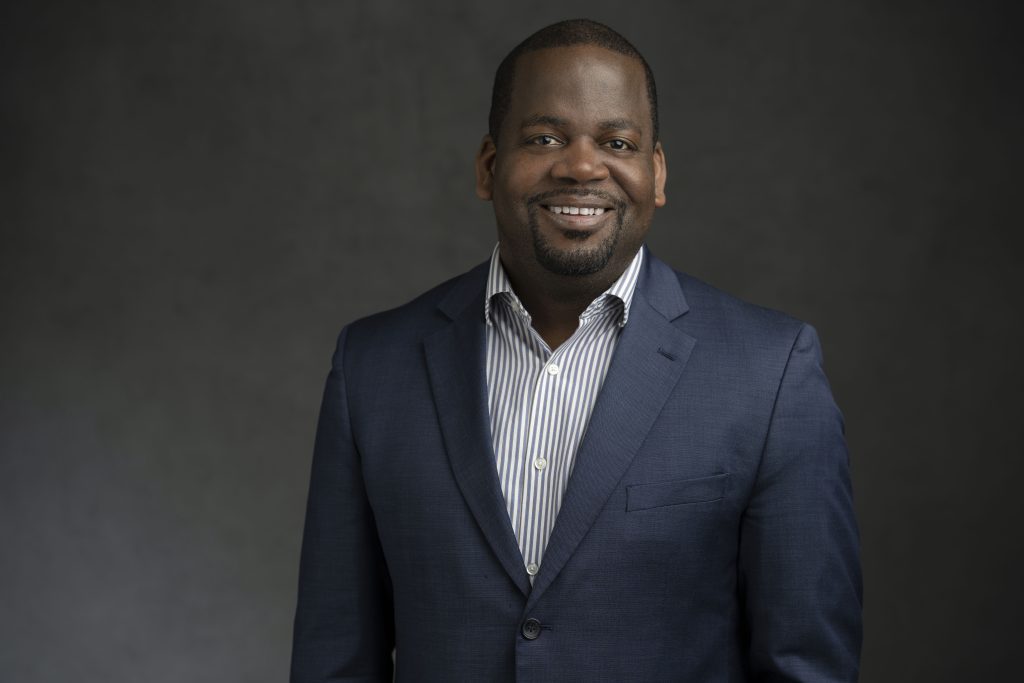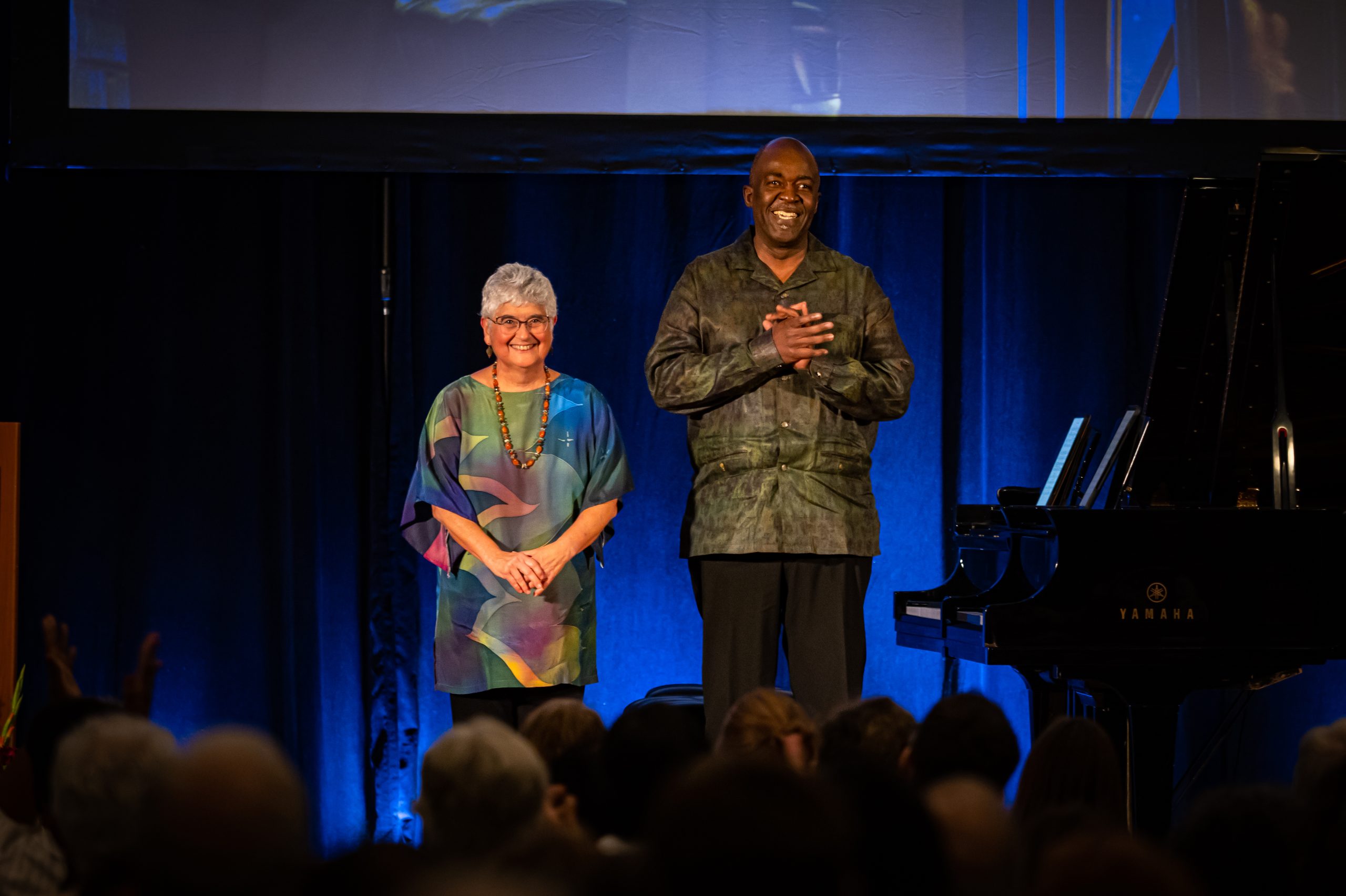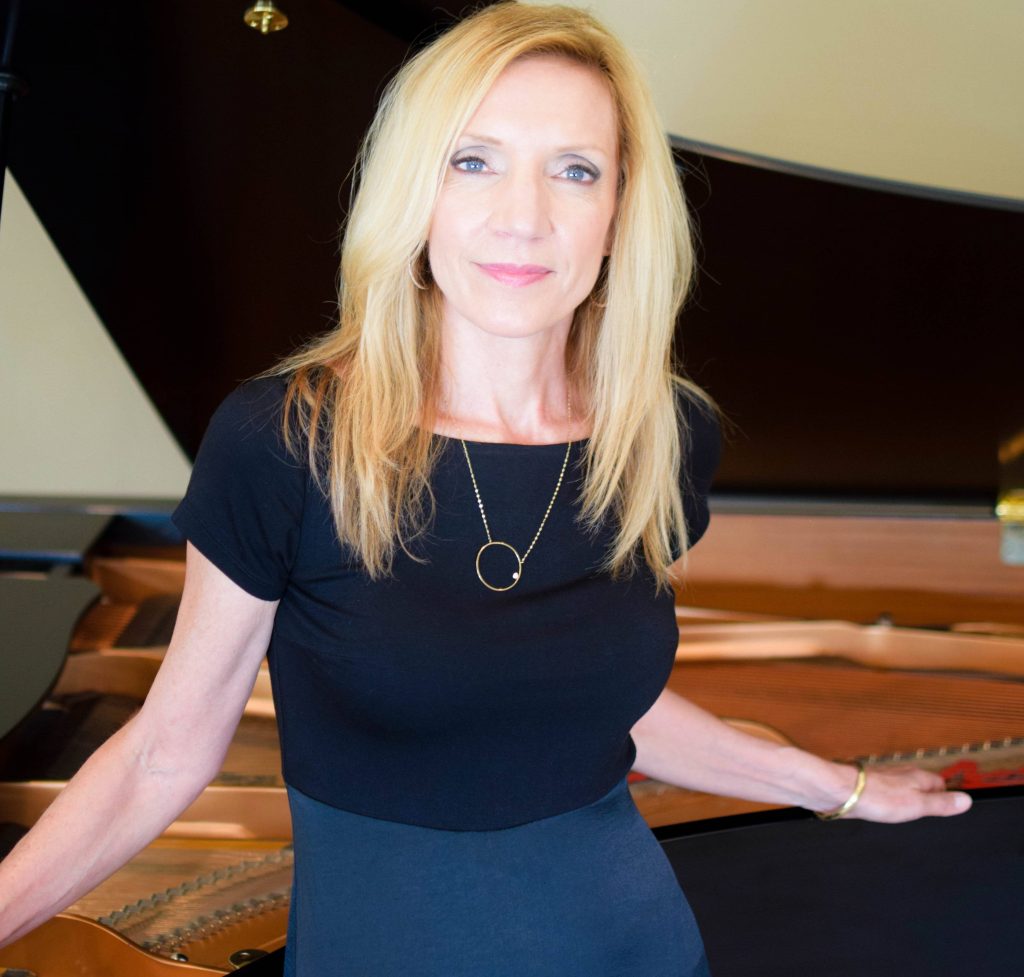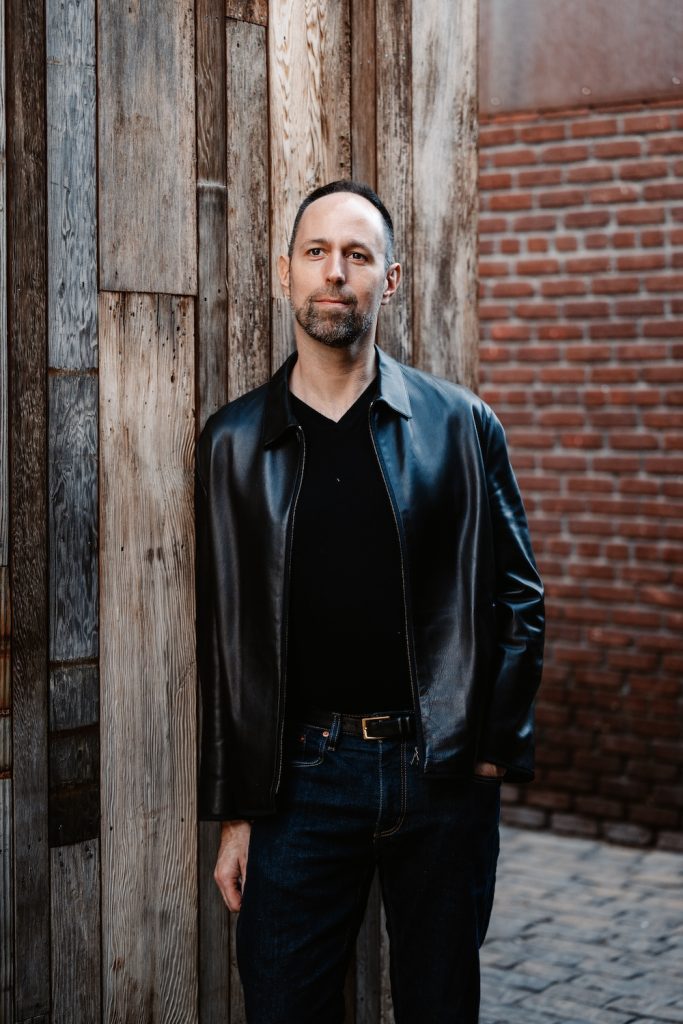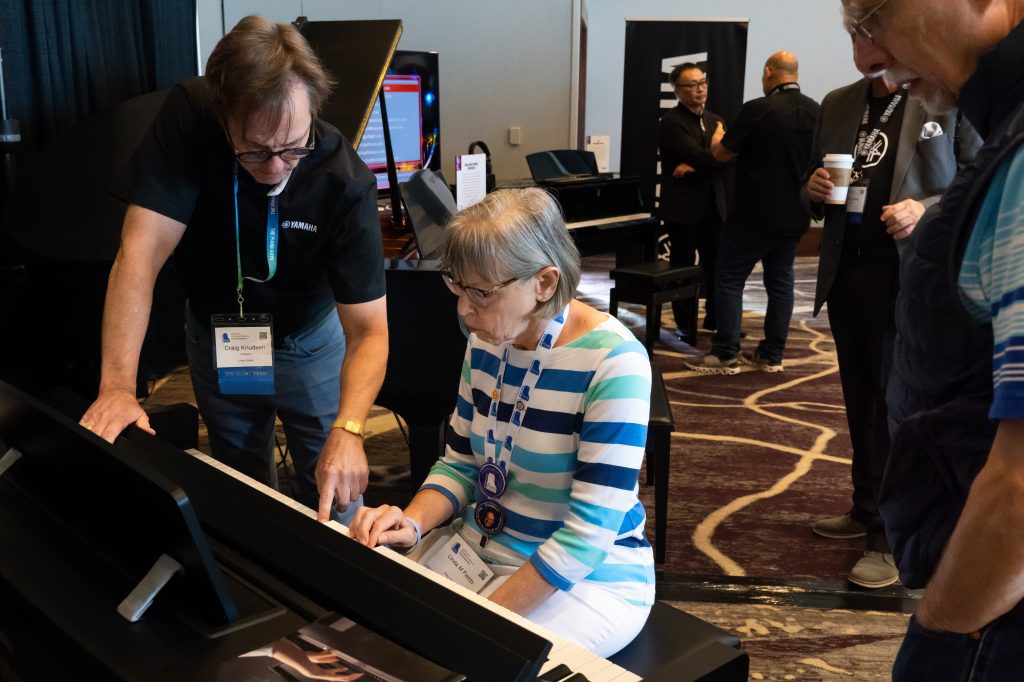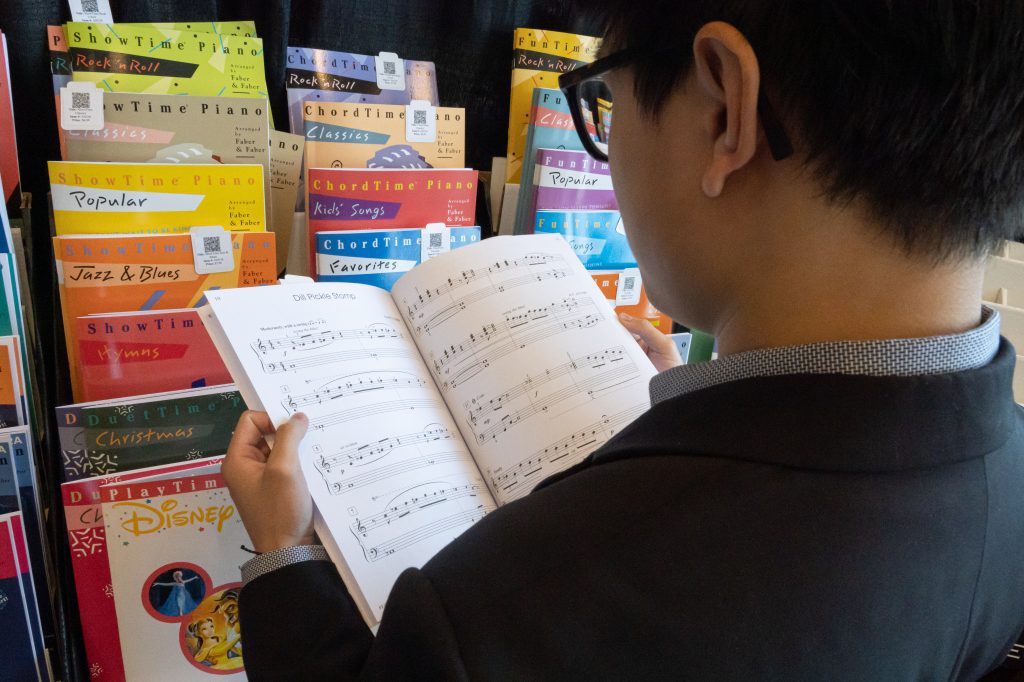We would like to thank Molly Gebrian for this article about interleaved practice. To read the full article from the summer issue of Piano Magazine, click here.
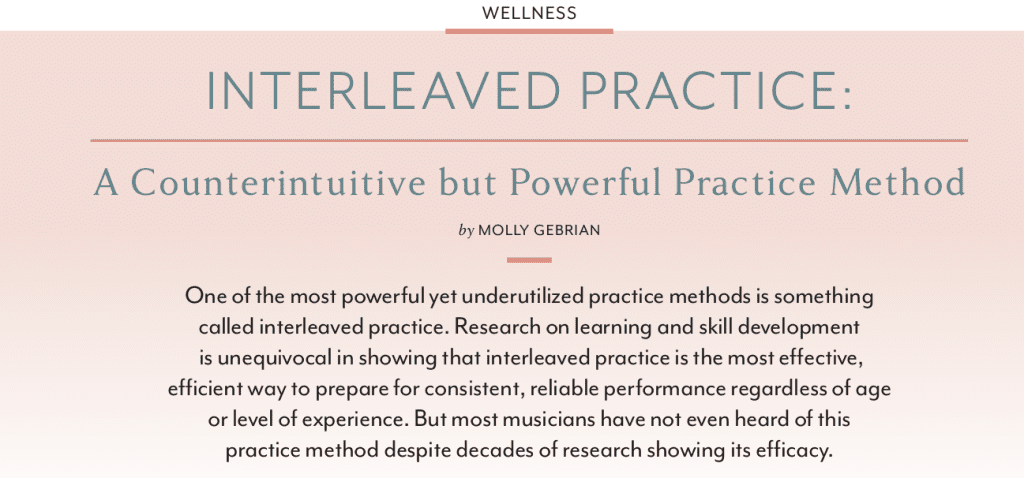
Most of us practice using a blocked practice method: we work on one thing for a large block of time before moving on to something else. We typically don’t revisit that piece or passage again until the next day because we’ve done our practice on it for the day. In contrast to blocked practice, interleaved practice entails constantly switching between different pieces or passages, and coming back to them repeatedly throughout a practice session or day. Rather than spending over thirty minutes on one passage, you might spend 5–10 minutes on it before working on something else for a while, then return to the initial passage for 5–10 more minutes, take another break to work on other pieces, and finally return to the first passage once more for 5–10 minutes.
On the face of it, interleaved practicing sounds incredibly chaotic and unfocused and might seem unlikely to lead to any performance gains, but research shows otherwise. For example, in a study on baseball players who were trying to improve their batting average, the athletes were split into two groups: the blocked practice group and the interleaved practice group.1 The blocked practice group hit different types of pitches in blocks of fifteen which included fifteen fast balls, fifteen curve balls, and fifteen change-up pitches. In contrast, the interleaved practice group hit forty-five total pitches, but the order was completely random. They never knew what they would get from one pitch to the next.
While they were practicing, it looked like the blocked practice group was doing better. This makes sense—they knew what was coming at them and they just had to hit the same kind of pitch repeatedly. The interleaved practice group, on the other hand, had to adjust on the fly, which is much more difficult. However, when the baseball players were brought back two days later to test how much their hitting had improved, the blocked practice group had made a 25% improvement, whereas the interleaved practice group had made a 57% improvement and were outperforming the blocked practice group.
Similar results were found in a study on pianists.2 In this study, the pianists all had to learn a series of short pieces that were composed specifically for the experiment. Some of the pieces were learned using a blocked practice method while others were learned using an interleaved practice method. Like the baseball players, when they had to perform all the pieces, those they had learned using an interleaved practice method were performed much more successfully.
There are countless other studies on interleaved practice which all show the same thing: interleaved practice is more effective for learning and performing well.
We hope you enjoyed this excerpt from Molly Gebrian’s article about interleaved practicing. You can read the entire article by clicking here.
MORE ON PRACTICING
- WEBINAR ARCHIVE: Let’s Talk About Practicing with Barbara Fast and Spencer Myer
- WEBINAR ARCHIVE: Practicing and the Brain with Barbara Fast and Molly Gebrian
- WEBINAR ARCHIVE: Practicing Piano through the Early Stages with Sara Ernst
- ARTICLE: The “How-Tos” of Practicing by Joanne Haroutounian
- ARTICLE: The Art of Practicing: I Really Should Be Practicing Well by Bruce Berr
- ARTICLE: The Art of Practicing: Broad Principles by Scott McBride Smith
- ARTICLE: Productive Practicing: The Hidden Part of the Iceberg by Peter Jancewicz
- ARTICLE: Practicing Alongside Our Intermediate Students by Sara Ernst
